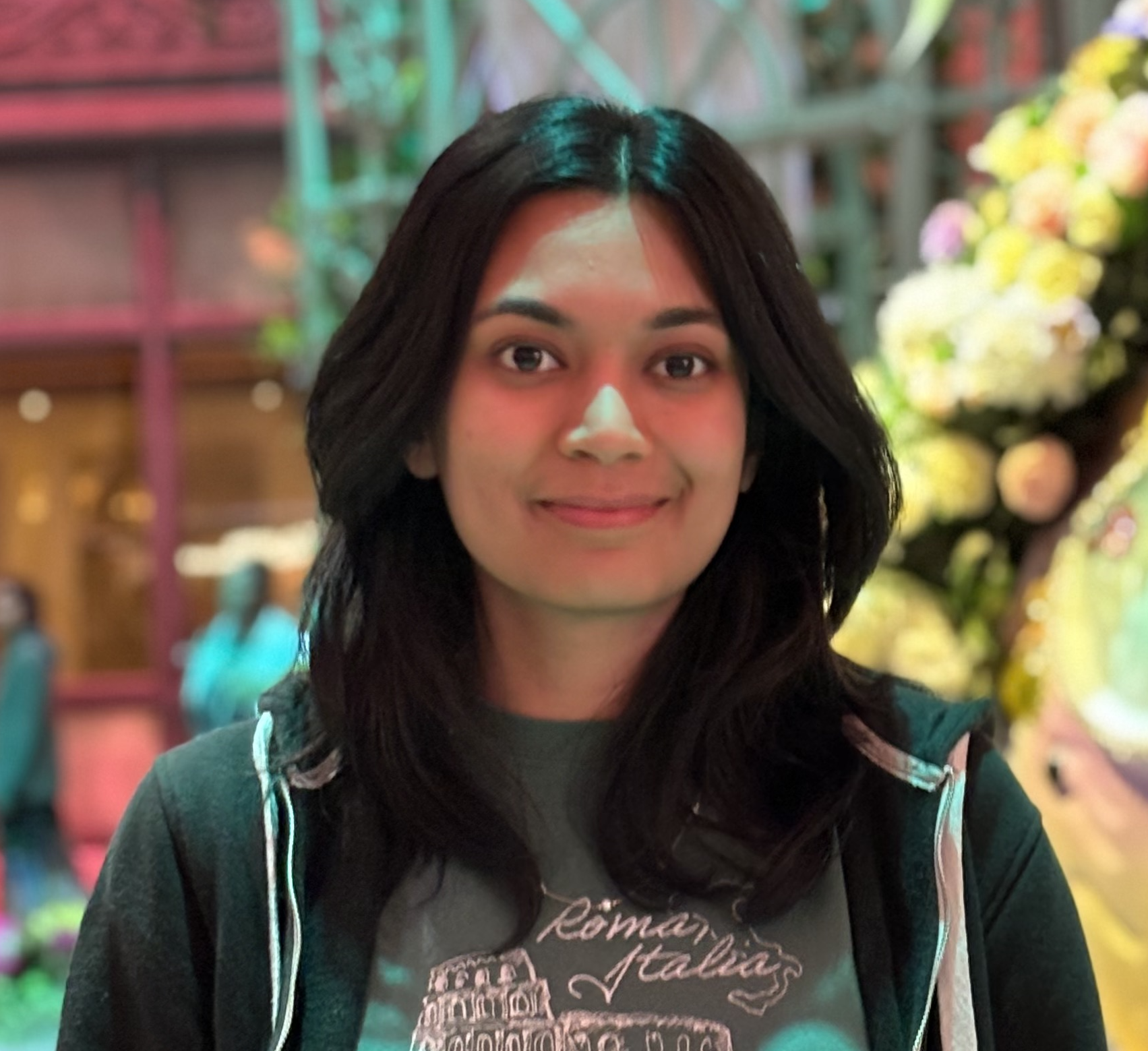Week 6 - Small Contribution Reflections
Introduction
Through this first half of the semester, I found it difficult to get started with open source contributions. I didn’t know where to start or what types of content I would be able to contribute to. However, once I got over the initial hurdle, I found that there are many projects out that fall into the category of non-code contributions. This made the process less intimidating to me as I made my initial contributions.
Contributing to digital platforms might seem like a small thing, but each action plays a role in shaping the online space we use every day. Whether it’s editing a Wikipedia page, updating a map, or adding content to an open-source project, every contribution helps improve the flow of information. In this post, I’ll share some of my recent contributions, the challenges I encountered, and what I’m most proud of.
Updating Information on Wikipedia
Wikipedia is often the first place people turn to for information on a wide range of topics. However, its vastness means that it requires constant updates to keep pace with current events and new developments. On February 5, 2025, I updated the Wikipedia page for Christina Haack, a prominent HGTV television personality, by including the latest information about the show’s team members and marital status.
Challenges: One of the biggest challenges with Wikipedia is ensuring that all updates are well-sourced and neutral. Wikipedia thrives on citations from reliable sources, so it’s crucial to avoid adding any subjective or unverifiable information. As an editor, I had to carefully check the sources and find one that ws trustworthy. Additionally, I had to ensure that the new content blended seamlessly with the existing entries.
Contributing to OpenStreetMap
I made a contribution to OpenStreetMap by updating the map to reflect a new store location and removing closed stores. OpenStreetMap is an open-source mapping project that allows anyone to add or update geographic data. It’s a project that requires continuous maintenance to ensure its accuracy.
Challenges: The biggest challenge in contributing to OpenStreetMap is making sure that the data is accurate and current. When adding or editing locations, one must be careful about including exact coordinates and ensuring that the store information is still relevant. Since maps are used by people for navigation, even small errors can have significant consequences. Deleting closed stores is also a sensitive process, as incorrect deletions can affect others.
Adding a Drink Recipe to an Open-Source Collection
I made a contribution to the OpenDrinks repository on GitHub by adding a drink recipe to the collection. OpenDrinks is a project that gathers multiple types of drink recipes in an open format, where anyone can contribute by adding new drinks to the list.
Challenges: Contributing to open-source projects, particularly large ones like OpenDrinks, requires an understanding of the project’s guidelines and structure. Ensuring that the recipe was correctly formatted and met the standards of the repository took time and attention to detail. The challenge was also about ensuring that the recipe I added would be useful to others and was not done already.
Universal Challenges and Proudest Contribution
Across all these contributions, I’ve faced common challenges, primarily related to ensuring accuracy and following guidelines. Whether it’s updating a Wikipedia page, editing a map, or submitting code to a GitHub repository, these platforms rely on user-generated content that must be reliable and aligned with community standards. This requires attention to detail, a commitment to quality, and sometimes patience.
The contribution I’m most proud of is the Wikipedia edit because it directly impacts how people access information. Wikipedia is often seen as the go-to source for knowledge, and by keeping it updated, I know I’m helping millions of people find trustworthy information. It’s a rewarding feeling to know that something I’ve done can have such a widespread influence.
Final Thoughts
Although these contributions may seem small on their own, they’re part of a larger movement toward collaborative digital communities. Every edit, update, and contribution plays a role in shaping the digital world we live in. The most rewarding part of contributing to these platforms is the knowledge that even small actions can have a lasting impact. Whether you’re updating a map, sharing a recipe, or correcting an article, you’re helping to build a more informed and connected world. Every little bit helps!
